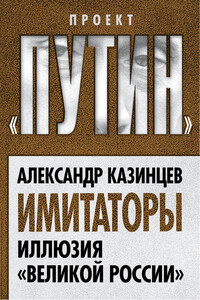One of the chapters of the work studies the economy and social relations of the Mongols in the 13th–14th centuries. As is known, the Mongols in that period, as well as before, were engaged in extensive cattle-breeding. The Mongol arats roamed from place to place by small groups of ayils (households) within the limits of a strictly fixed territory, included into the domain of a feudal lord. The arats were registered to his lands and had no right to leave him. In that period hunting still played an important part in the economy. At the same time, agriculture, handicraft and commerce began to develop. Economic decline of Mongolia proper in that period is accounted for the feudal wars which burst out from time to time on its territory almost during the whole Yüan rule.
The corresponding sections deal with the fall of the Yüan dynasty as a result of peasant uprisings in China and the flight of the Mongol court first to Yinch'ang in 1368 and then to Karakorum in 1378, as well as the struggle of the Mongol great khans Togon Temür (1333–1370), Ayusiridara' (1370–1378) and Toquz Temür (1378–1388) against the Chinese Ming dynasty. In this connection the work describes in detail the Mongol-Chinese relations during the post-Yüan period.
The work ends in a chapter devoted to culture and religious beliefs of the-Mongols in the 13th–14th centuries.
In this study on the Mongol history, the author makes an attempt to use as many new data, especially from Chinese sources, as possible and at the same time to adequately solve its problems, but it is up to the reader to decide, whether he has succeeded or not. Any criticism on the side of students of the Mongol history will be accepted with due consideration.





